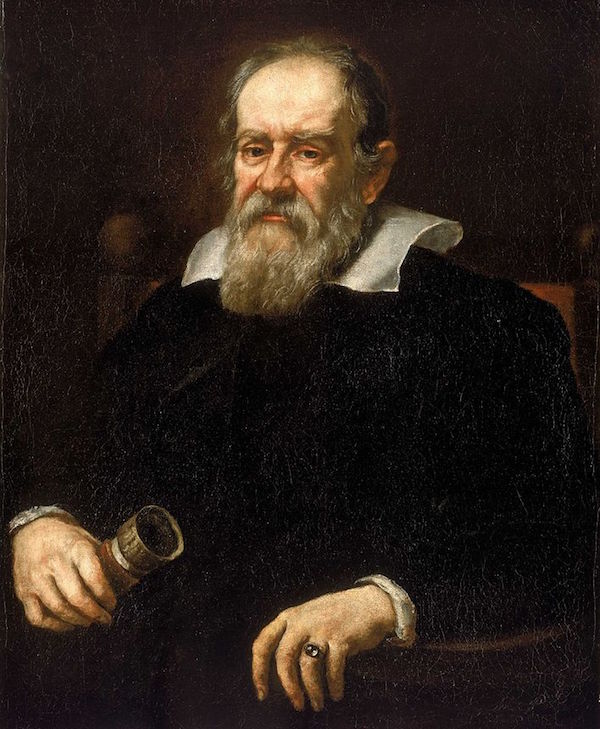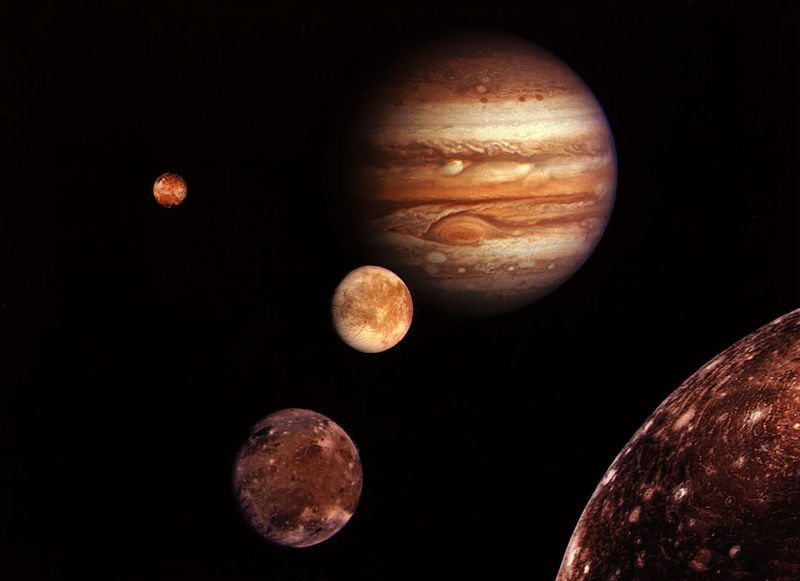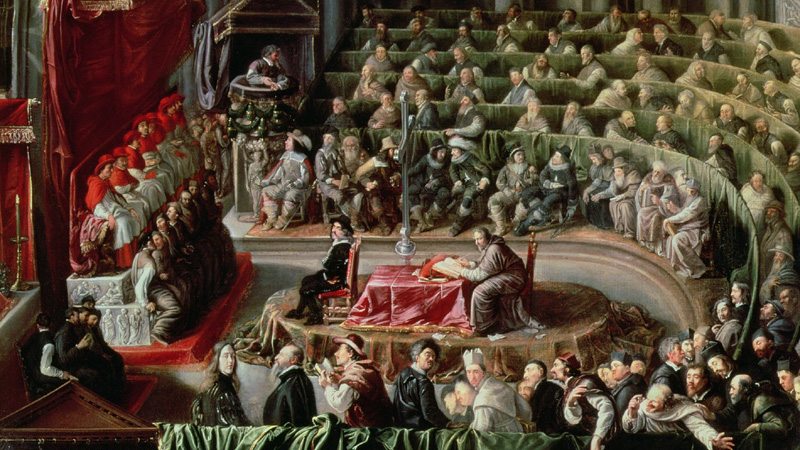Galileo Affair
Episode #2 of the course “Trials that shaped the modern world”
For centuries, Western astronomers operated under the geocentric, or Ptolemaic, model of the universe, placing Earth stationary at the center of the solar system orbited by other planets and the sun. Early Christian philosophers believed that Genesis promoted a model of “perfectly created” heavenly bodies that performed in “perfect” ways.
In 1543, Nicolaus Copernicus advanced a heliocentric model of the solar system, placing the sun at the center of planets’ orbits. An outrageous idea, it took nearly 70 years and the work of several astronomers before the heliocentric model was confirmed by an Italian named Galileo Galilei.

Galileo Galilei
A new telescope allowed Galileo to observe the phases of Venus, which he used as evidence of Copernicus’ model. He published his Sidereus Nuncius (Starry Messenger) in 1610. Debate raged across Europe until 1616, when the Catholic church condemned heliocentrism as heretical. Galileo was ordered not to speak of heliocentrism or believe in it.
The heretical threat in the heliocentric model was not the shift in the earth’s place in the universe, but in the model’s questioning of the biblical account of celestial history. Genesis’ explanation of origins had been taken as literal fact before Galileo, but after his publications, science gained the freedom to explore theories that did not coincide with biblical history.
The same year heliocentrism was declared heretical, Galileo published evidence in support of it. When he published in 1632 explicitly in defense of heliocentrism, he was brought to trial by the Inquisition. Church officials demanded Galileo recant his beliefs, condemned him as a heretic, and placed him under house arrest until his death in 1642. The rumor is that after his abjuration, Galileo reportedly rebelliously stated, “and yet it moves.”

The moons of Jupiter, named after Galileo, orbiting their parent planet. Galileo viewed these moons as a smaller Copernican system within the Solar system and used them to support Heliocentrism
The Catholic church sanctioned the First Edition of Galileo’s complete works in the 18th century, considering “the affair” closed. However, Pope John Paul II issued an official church investigation into Galileo’s claims in 1979 and published an official papal pardon for Galileo in 1992.
Recommended book
“Galileo: Watcher of the Skies” by David Wootton
Share with friends

